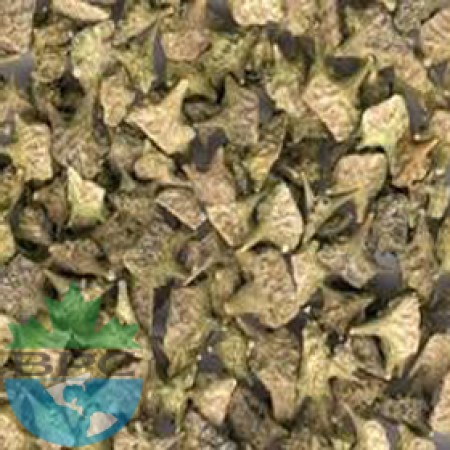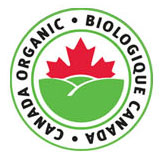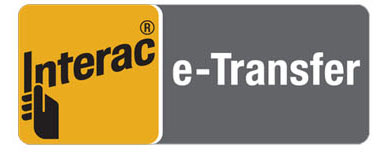GOKSURA (TRIBULUS) WHOLE
Product Name: GOKSURA (TRIBULUS) WHOLE
Botanic Name: Tribulus Terrestris
Tribulus terrestris is a flowering plant in the family Zygophyllaceae, native to warm temperate and tropical regions of the Old World in southern Europe, southern Asia, throughout Africa, and in northern Australia. It can thrive even in desert climates and poor soil. Tribulus terrestris has long been a constituent in tonics in Indian ayurveda practice, where it is known by its Sanskrit name, "gokshura." It is also used as an aphrodisiac, diuretic and nervine in Ayurveda, and in Unani, another medical system of India. Animal studies in rats, rabbits and primates have demonstrated that administration of Tribulus terrestris extract can produce statistically significant increases in levels of testosterone, dihydrotestosterone and dehydroepiandrosterone, and produces effects suggestive of aphrodisiac activity. On the other hand, one recent study found that T. terrestris caused no increase in testosterone or LH in young men, and another found that a commercial supplement containing androstenedione and herbal extracts, including T. terrestris, was no more effective at raising testosterone levels than androstenedione alone. The active chemical in T. terrestris is likely to be protodioscin (PTN), a cousin to DHEA. In a study with mice, Tribulus was shown to enhance mounting activity and erection better than testosterone cypionate.[citation needed] This however, is not as convincing as one might think. Although an OTC supplement outpacing a pharmaceutical is big news, testosterone cypionate is a synthetic ester of testosterone engineered for its longer activity. To be effective, its level must build up in the system of the animal using it. This process usually takes 2-3 weeks.The proerectile aphrodisiac properties were concluded to likely be due to the release of nitric oxide from the nerve endings innervating the corpus cavernosum penis. Adverse effects from supplementation with Tribulus terrestris are rare and tend to be insignificant. However, some users report an upset stomach, which can usually be counteracted by taking it with food. Another rare side effect which has been reported is gynaecomastia, which while potentially problematic does tend to support the purported androgenic-anabolic effects of this plant.














